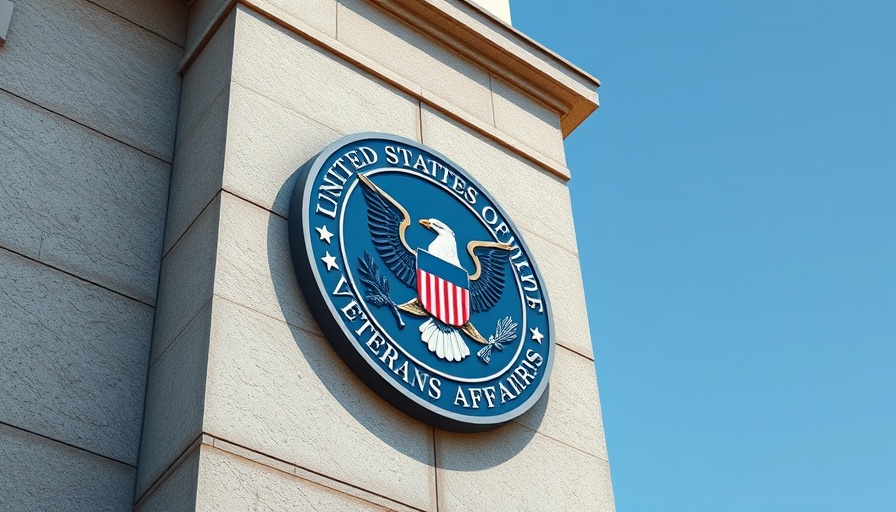
The VA’s Controversial Decision: A Closer Look
The Department of Veterans Affairs (VA) has made waves in healthcare conversations by announcing it will deny gender dysphoria treatment to new patients. The decision was communicated by VA Secretary Doug Collins, who stated that veterans who wish to pursue gender transition treatments must do so independently.
This move appears to align with an executive order from the Trump administration which solidifies the policy of recognizing only male and female sexes as unchangeable. In light of this decision, many advocates and mental health professionals have voiced concerns about the implications of such a policy on the health and well-being of transgender veterans.
Effects of the New Policy on Veterans
The VA provides care for approximately nine million veterans, but only a small fraction—less than 0.1%—identify as transgender. Meanwhile, veterans who previously received gender-affirming treatments, such as hormone therapy, will continue to have their care covered. Unfortunately, those newly diagnosed without a prior connection to the VA will be left without essential therapies.
Critics, including Allison Jaslow, CEO of Iraq and Afghanistan Veterans of America, have condemned the change, stating that it turns its back on veterans who have already faced significant challenges. They argue that mental health issues are prominent among sexual minority veterans, with studies indicating a heightened risk of suicide and other mental health struggles compared to their cisgender counterparts.
The Broader Context: Mental Health and Veteran Care
The VA’s withdrawal of support for gender dysphoria treatment raises larger questions about mental health support for marginalized groups within the military community. Recent studies on mental health and wellness suggest that trans veterans may face increased vulnerability, particularly as they navigate both military and civilian life.
Despite the trend towards inclusive healthcare practices, many veterans find themselves in a system that often fails to address their specific needs, particularly when it comes to gender-affirming care.
Exploring the Possible Consequences
The decision to limit access to gender dysphoria treatment could have several repercussions. For many veterans grappling with their gender identity, the withdrawal of care may exacerbate existing mental health conditions. With veterans statistically experiencing higher suicide rates compared to the general population, the VA's decision raises alarming concerns about the welfare of the most vulnerable within the veteran community.
Moreover, as healthcare becomes increasingly segregated by gender identification, those left without resources may feel marginalized and alienated from a system that historically should provide support and care.
Advocacy for Change and Future Directions
With calls for advocacy and reform growing louder, the need for policies that respect the rights and health of all veterans is more pressing than ever. Organizations that advocate for LGBTQIA+ veterans are urging lawmakers to reconsider such divisive policies and push for comprehensive mental health support for all veteran demographics.
Emerging trends in holistic wellness practices emphasize the need for inclusive approaches to healthcare, highlighting the effectiveness of integrative health solutions that cater to diverse populations.
Conclusion: Looking Ahead in Veteran Healthcare
The VA's recent policy shift regarding gender dysphoria treatment highlights deep divides within the healthcare system and raises critical questions about access, equity, and the ongoing obligation to care for all veterans. As mental health awareness continues to evolve, there is a collective responsibility to ensure that healthcare provides not just hope, but actionable support.
As we reflect on these developments, it's vital for advocates and community members to unite in supporting the mental health of our nation’s heroes. This situation underscores the importance of staying informed on uncompromising policies and their impact on vulnerable populations.
For readers interested in changes affecting veteran health and wellness, now is the time to become engaged and support initiatives that promote comprehensive care. Together, we can push for policies that respect the entirety of our veteran population.
 Add Row
Add Row  Add
Add 




 Add Row
Add Row  Add
Add 

Write A Comment